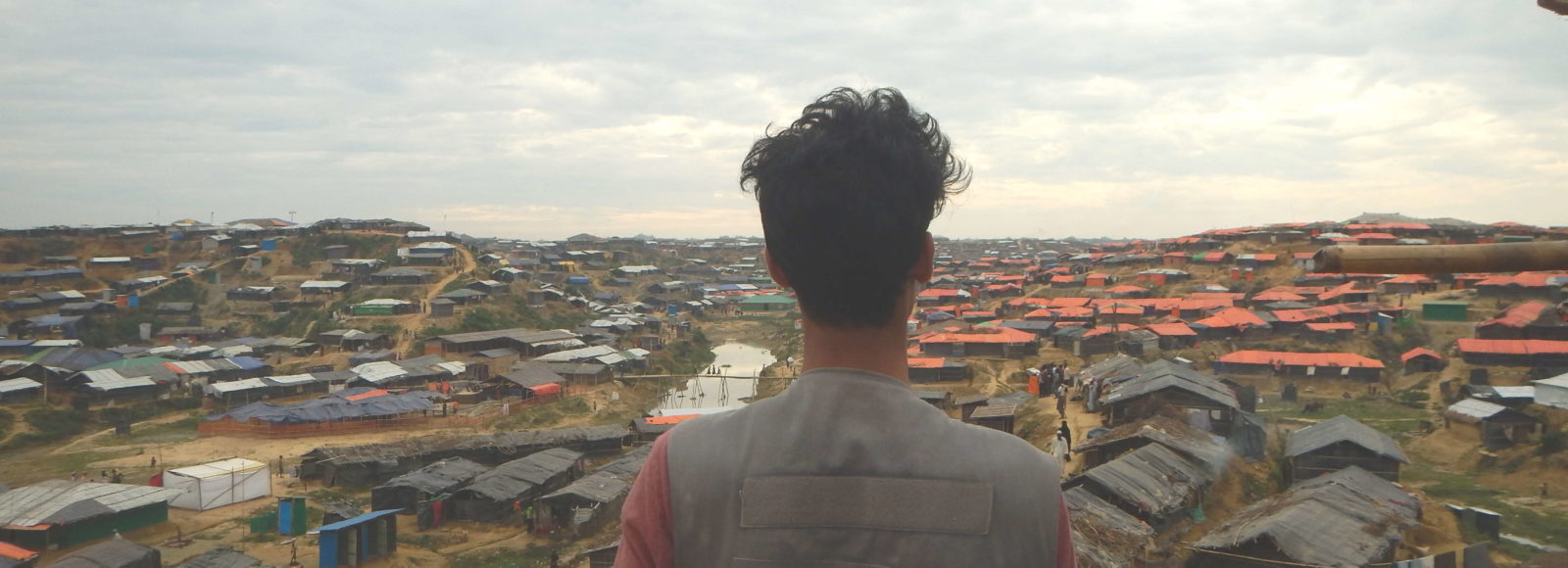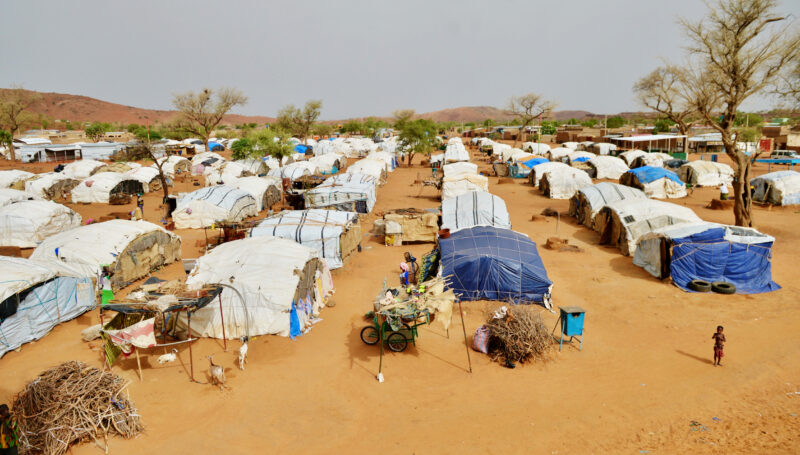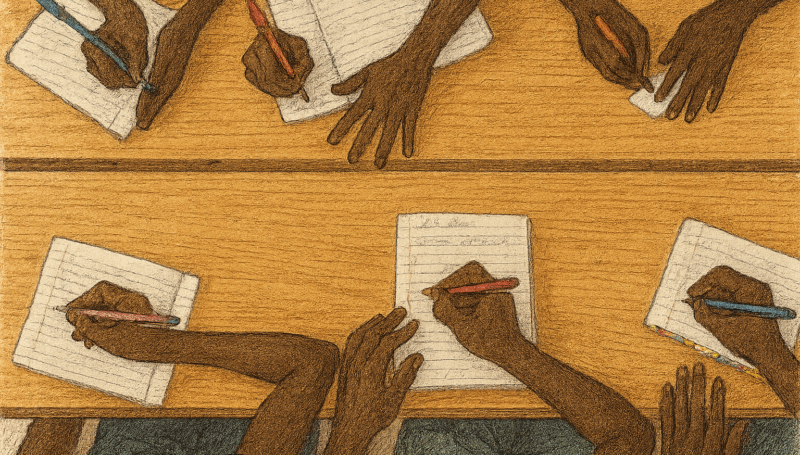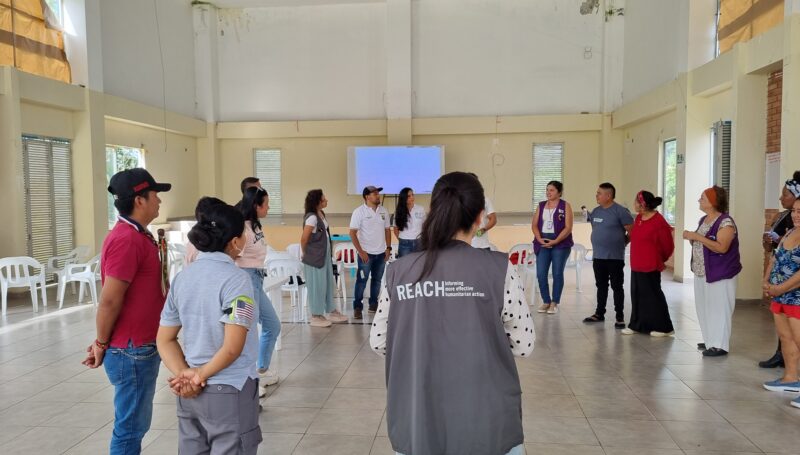Since the attack against the United Nations in Baghdad on August 19th 2003, a date now marked by World Humanitarian Day, dedicated to commemorating humanitarian aid workers killed and injured in the course of their work, over 5,000 national and international humanitarian aid workers have been victims of violence, of whom over 1,800 have been killed. Last year was the deadliest year on record for humanitarians, with 484 humanitarian aid workers victims of major attacks, of whom 124 died, 234 were wounded and 124 kidnapped. This year, this grim trend has continued, as illustrated most recently by tragic killings of humanitarian aid workers in a number of countries.
As humanitarians, we believe it is our responsibility and privilege to continue supporting those most in need in crisis situations. In doing so, we must abide by the humanitarian principles of humanity, neutrality, impartiality and independence. However, going to the last mile to be in proximity with, provide vital support to and protect the most vulnerable is becoming increasingly challenging, hindering principled humanitarian action.
Humanitarian organizations are taking, and will continue to take all possible measures to protect their staff and operations in these ever more difficult contexts by adapting their operational and risk mitigation strategies, and striving to abide by humanitarian principles. However, we believe that more can and must urgently be done by the international community to strengthen the international protection framework for all humanitarian workers. We need to move from words to action to end impunity for attacks against humanitarians.
To this end, we call on the Security Council of the United Nations to create a reporting, monitoring and investigation mechanism that – while preserving humanitarian space – would make attacks against humanitarians a systematic trigger for action aimed at enhancing judicial cooperation so as to bring perpetrators to justice and deterring future attacks.
Ultimately, we strongly believe attacks against humanitarians are also an affront against the values that are the commonwealth of humanity that we must all protect.









